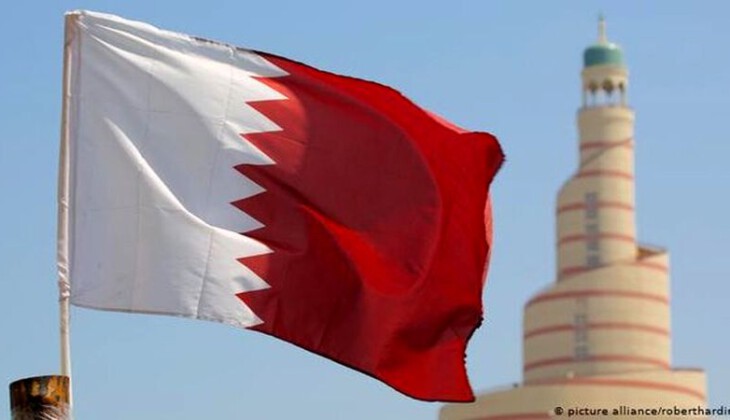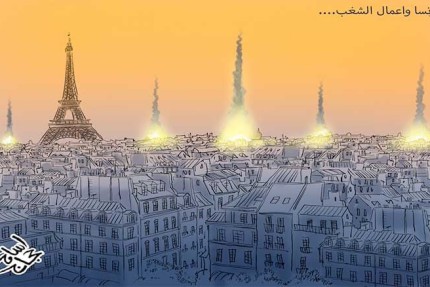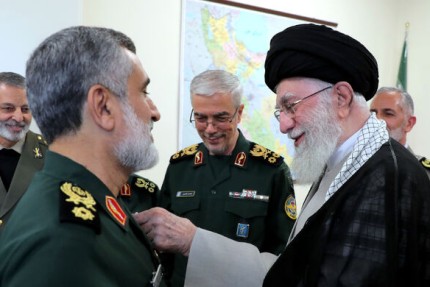Transfer of the meeting venue from Vienna to Qatar

With the relocation of the talks from Vienna to Qatar, the question arises as to why the venue changed from a European capital to an Arab capital Doha.
To begin with, the change of venue first goes back to the content of the European resolution, which was inconsistent with their claims of adherence and commitment to the Vienna Agreement and its provisions.
It seems that Tehran has sent several messages to different groups by changing the venue of the talks.
Tehran felt that the Europeans should be punished for not adhering to the provisions of the Vienna talks, and in other words, Vienna was no longer a suitable international venue for the talks.
On the other hand, it showed that Tehran is still independent in its political decisions.
The choice of Qatar as an Arab country which has reasonably distanced itself from the normalization of relations with Israel and has brought its views closer to Tehran is an important message to Israel, Arab countries, and the Islamic nations:
The message conveyed to Israel was that despite maximum pressure from Israel and sabotaging and assassination, Tehran will continue to negotiate with the West, and will prevent Tel Aviv from taking advantage of the current situation to change the political atmosphere and accelerate the process normalization.
.
The Arab nations have also realized that, in spite of the Americans’ condition of imposing the change of Tehran’s regional approach, Tehran’s approach will not be alleviated by political and economic pressures.
On the other hand, Iran can find suitable alternatives on economic issues. Strengthening the relations with neighboring countries is of Iran’s priority.
.
.
Comment
- Ali Mattar’s Significant Explanations on Hochstein’s Trip and US and Israel’s Conditions
- Would the Hamas Movement Come to an End with the Martyrdom of Yahaya Sinwar
- The Psychological Warfare of the Zionist Regime and the Need for a Credible Narration
- October 7th and a Return to the Zero Point/Why Israel is Thrown Back 70 Years
- The “Honest Promise 2” operation and its Diplomatic َAppendages
- Ali Mattar’s Significant Explanations on Hochstein’s Trip and US and Israel’s Conditions
- Would the Hamas Movement Come to an End with the Martyrdom of Yahaya Sinwar
- The Psychological Warfare of the Zionist Regime and the Need for a Credible Narration
- October 7th and a Return to the Zero Point/Why Israel is Thrown Back 70 Years
- Leader awards Fath badge to Gen. Hajizadeh for missile op
- The “Honest Promise 2” operation and its Diplomatic َAppendages
- Gains of Pezeshkian’s Visit to Qatar /Success of the Public Diplomacy
- 5 key points on the outcome of Iran’s attack against the Zionist regime
- Field Facts of the War on Lebanon/ The realities as They Are
- Some Tips on the Escalation of Clashes Between Lebanon and the Zionist Regime
- The Opportunities and Challenges Facing Pezeshkian’s Trip to New York
- Sana’a Possesses Modern Military Techniques and Technologies/ Details of Yemeni Advanced Missiles
- The Aim of Attacking Lebanon was a Targeted Assassination of the Civilians Not the Hizballah Forces
- Ali Mattar’s Significant Explanations on Hochstein’s Trip and US and Israel’s Conditions
- Would the Hamas Movement Come to an End with the Martyrdom of Yahaya Sinwar
- The Psychological Warfare of the Zionist Regime and the Need for a Credible Narration
- October 7th and a Return to the Zero Point/Why Israel is Thrown Back 70 Years
- Leader awards Fath badge to Gen. Hajizadeh for missile op
- The “Honest Promise 2” operation and its Diplomatic َAppendages
- Gains of Pezeshkian’s Visit to Qatar /Success of the Public Diplomacy
- 5 key points on the outcome of Iran’s attack against the Zionist regime
- Field Facts of the War on Lebanon/ The realities as They Are
- Some Tips on the Escalation of Clashes Between Lebanon and the Zionist Regime




